The current Covid-19 pandemic has brought home just how important it is for countries to have the most up-to-date healthcare facilities for the protection of their populations. Ras Al Khaimah’s health sector is a prime example of how continued investment can create a health ecosystem that is equipped to deal with even the most serious and consequential of global health emergencies.
Ras Al Khaimah’s health sector has undergone a quantum leap in the past four decades, witnessing a major transformation through the use of the most advanced medical equipment and the upgrading of infrastructure. Thanks to the attention of the UAE Government, Ras Al Khaimah’s healthcare sector is now ranked among the world’s best, according to global indices and international scoring systems.
The UAE places enormous emphasis on healthcare, exemplified by the sector’s position as one side of the country’s comprehensive development triangle; the other two being education and the economy. The continuous evolution of the health sector in Ras Al Khaimah and the wider UAE was a priority established by the late Sheikh Zayed bin Sultan Al Nahyan, May God rest his soul, at the very inception of the union in 1971.
Today, the health sector is one of Ras Al Khaimah’s jewels and is being continuously developed under the direction of His Highness Sheikh Saud bin Saqr Al Qasimi, UAE Supreme Council Member and Ruler of Ras Al Khaimah. Its progress is being driven by the efforts of the Ministry of Health and Prevention, which oversees five government hospitals in the Emirate: Shaam Hospital; Ibrahim bin Hamad Obaidullah Hospital; Ibrahim Obaidullah Hospital for the Elderly; Saqr Hospital; and the new Abdullah bin Omran Hospital for Obstetrics and Gynecology.
Ras Al Khaimah’s public healthcare sector is also home to 16 centers for primary care, dentistry, family medicine and preventive medicine. Distributed across all regions of the Emirate, these facilities are equipped with the latest medical technology, specialized staff and advanced laboratories to provide healthcare services in an array of specialties. All of these hospitals and centers are internationally accredited and apply best practices in terms of quality, safety and clinical services.
The Private Healthcare Sector :
Complementing the good work of the public health sector, private healthcare in Ras Al Khaimah is high on the list of local government priorities. Through the efforts of the Ministry of Health and Prevention, the Emirate aims to achieve integration and cooperation in the provision of high-quality medical services and the development of the healthcare system in line with global standards. The private healthcare sector also provides promising investment opportunities as a result of the substantial economic and social expansion of Ras Al Khaimah.
RAK Hospital, which was inaugurated by H.H. Sheikh Saud in 2007, is a prime example of the success of private healthcare in Ras Al Khaimah, having attained a renowned reputation for its high levels of service. The hospital was the recipient of the Sheikh Khalifa Award for Excellence in the Business Sector - the only healthcare institution in the private sector that has won the honor. It received the accolade in the award’s 17th edition in 2019 in a list that included more than 50 companies representing various economic sectors in the UAE and abroad.
Ras Al Khaimah also includes a network of private hospitals and specialized clinics that provide a variety of services and medical specialties to the population. The desire of the Ruler of Ras Al Khaimah to promote advanced ophthalmology care in the Emirate saw him inaugurate a specialized eye care facility, RAK Eye Care Center. Fully dedicated to the diagnosis and treatment of all eye ailments and conditions, the center provides an array of treatments and therapies, many of which are offered for the first time in the region and considered the best in the Middle East.
Sheikh Khalifa Specialty Hospital :
Among the newest and most important medical facilities in Ras Al Khaimah is the Sheikh Khalifa Specialty Hospital, one of the initiatives of His Highness Sheikh Khalifa bin Zayed Al Nahyan, President of the UAE. Opened in 2015 under the management of Seoul National University Hospital, South Korea, the facility provides superior treatment services in oncology, neurosurgery and cardiovascular surgery, comparable to those provided at the most advanced international therapeutic centers. The hospital also receives cases referred from hospitals and clinics from outside the Emirate and provides its patients with specialist care in line with the highest global standards.
RAK Medical & Health Sciences University :
H.H. Sheikh Saud identified the need for a continuous supply of highly qualified and specialized medical graduates to ensure the success and stability of the healthcare system, so his vision led to the creation of RAK Medical & Health Sciences University. He saw the need to support the sector with distinguished graduate doctors, nurses, pharmacists and technicians, so under his directives the university was established to offer accredited programs and bachelor’s and master’s degrees in medicine, dentistry, general nursing, pharmacy, pediatrics and mental health nursing. The university hosts students from 50 countries, with the faculty and administrative staff comprising people of 33 different nationalities. Adhering to the highest academic standards, RAK Medical & Health Sciences University enjoys a prominent position in medical university rankings across the region.
National Screening Center Ras Al Khaimah :
As part of the UAE's proactive efforts to combat the coronavirus outbreak and limit its spread, Ras Al Khaimah is home to a drive-through National Screening Center, which is operated by a subsidiary of Abu Dhabi Health Services Company (SEHA).
The center provides prompt and efficient examination services using the latest technologies and a skilled group of healthcare professionals that provide testing services for the community in line with the highest international standards. Examinations take just 5 minutes and the center can test up to 500 people per day. It also houses six clinical rooms, including two examination rooms, two laboratory rooms, an operating room and a store.
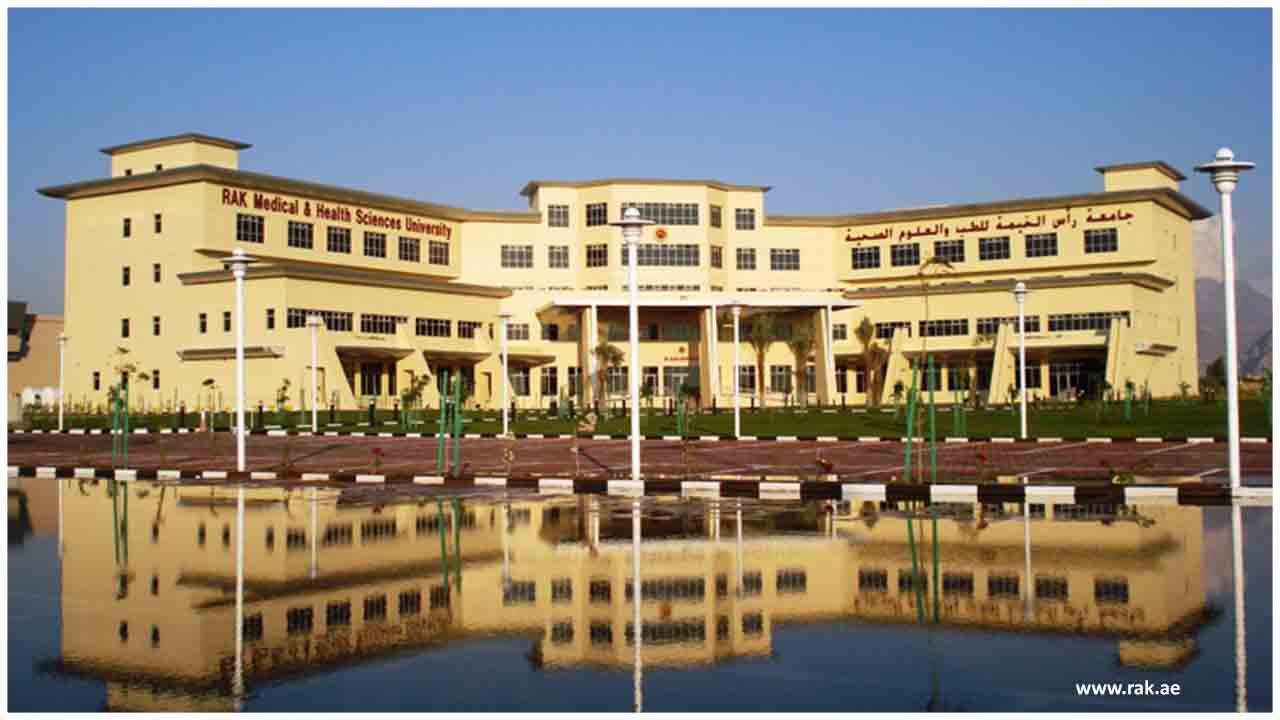
 Investment and enhancement over the years has created world-class infrastructure and services
Investment and enhancement over the years has created world-class infrastructure and services






.jpeg)


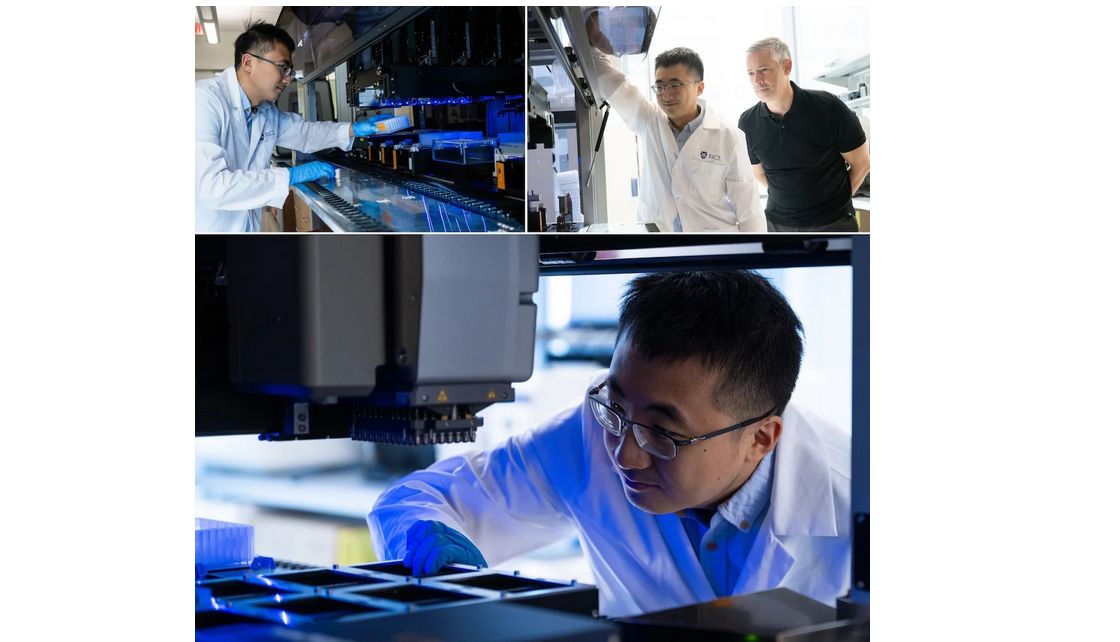
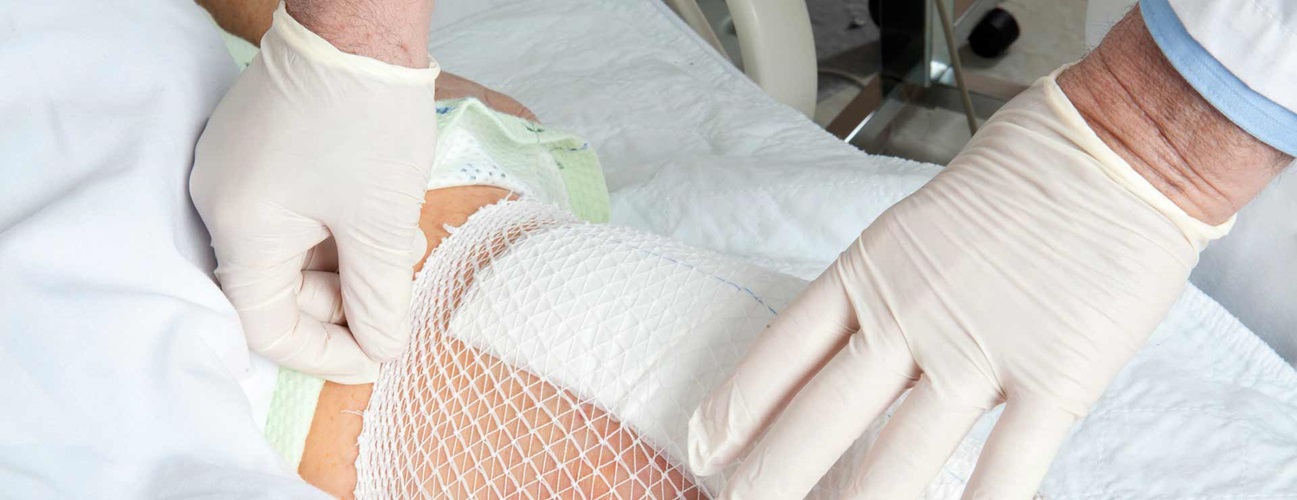
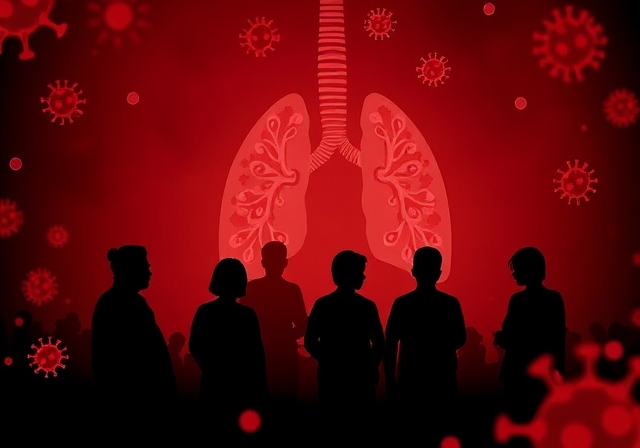
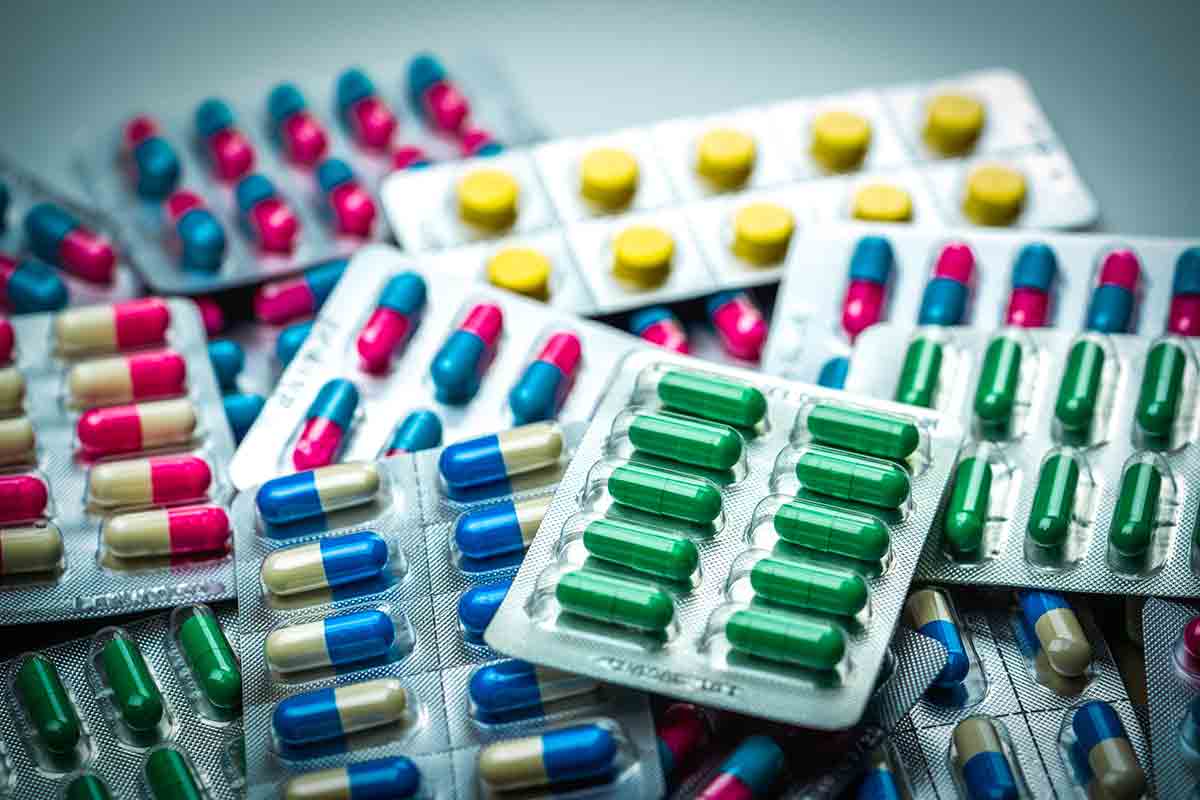
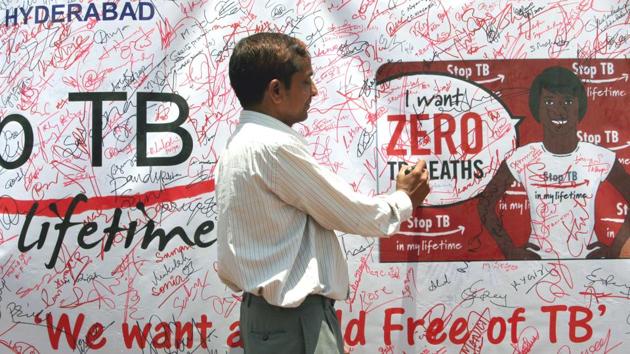
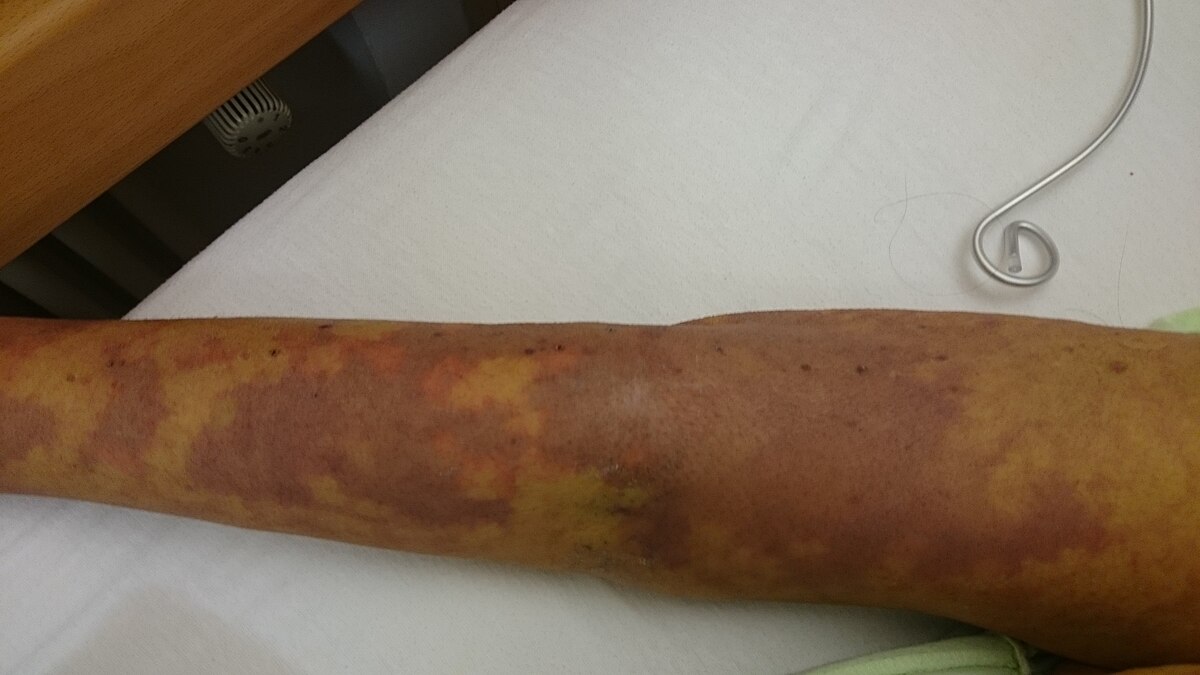
.png)





.jpeg)

.jpeg)
.jpeg)

.jpeg)


.jpeg)



.jpeg)
.jpeg)
.jpeg)


.jpg)


.jpeg)
.jpeg)